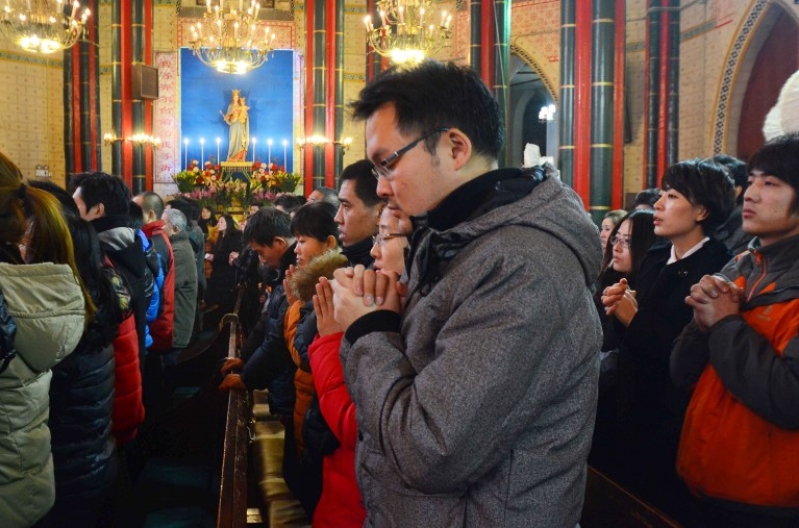
Two of China's leading Christian, state-run organizations forcibly removed a pastor from his position in the coastal province of Zhejiang and ordered him to cease preaching or evangelizing - or face the consequences.
According to persecution watchdog China Aid, Zhang Chongzhu, the pastor of Pyongyang Three-Self Patriotic Movement Church, was placed under "residential surveillance in a designated location," otherwise known as a "black jail," last September.
Earlier this year, he was criminally detained for "stealing, spying, buying, or illegally providing state secrets or intelligence to entities outside China" and formally arrested on March 9 for the same crime.
While he was released in May, he now faces an even greater challenge: In October, the Zhejiang Provincial China Christian Council and the Zhejiang Provincial Three-Self Patriotic Movement, China's two state-run Christian organizations, expelled him from the clergy and revoked a certificate proving that he was licensed to preach.
The outlet notes that authorities' treatment of the pastor sparked outrage among local Christians, who believe he was terminated in order to keep citizens from attending house churches.
Wenzhou - a bustling city of 10 million - is believed to have the largest Christian population of any city in China. The large number of churches and Christian-run businesses in the city have earned Wenzhou the title, "China's Jerusalem."
The New York Times reports that Christianity is widely considered the fastest-growing faith in the country with as many as 67 million adherents. About half of the Christian population worship in unregistered churches that have proliferated across China, also known as underground or house churches.
Morning Star News notes that in an effort to "consolidate power around himself as the core or hexin", Chinese president Xi Jinping has been "purging dissent (primarily through an "anti-corruption" campaign), escalating repression, increasing censorship and tightening the reins on civil society."
In an effort to limit the influence there of Christian churches and groups, the country's leadership has forcibly removed some 1,800 crosses from churches and other buildings and in some cases have destroyed entire churches. Hundreds of church members, pastors, and human rights lawyers opposed the demolitions have been beaten and arrested.
Recently, Xi enacted a law that includes restrictions on religious schools and limits on access to foreign religious writings, including on the internet. The regulations also limit contact with religious institutions overseas, which the Times says could affect "Chinese Catholics studying theology in the Philippines, Protestants attending seminaries in the United States, or Muslims learning at madrasas in Malaysia or Pakistan".
In its annual report on religious persecution released earlier this year, China Aid, said the new restrictions violated the Constitution, which guarantees freedom of religious belief, and said ongoing persecution campaigns "made 2016 one of the most tyrannical years since the Cultural Revolution."







